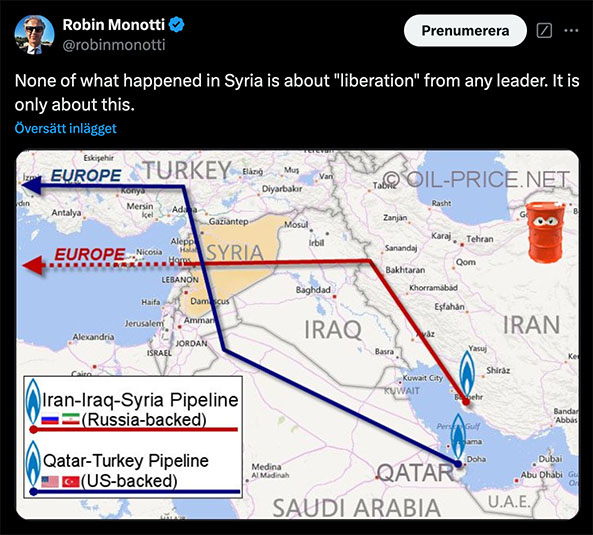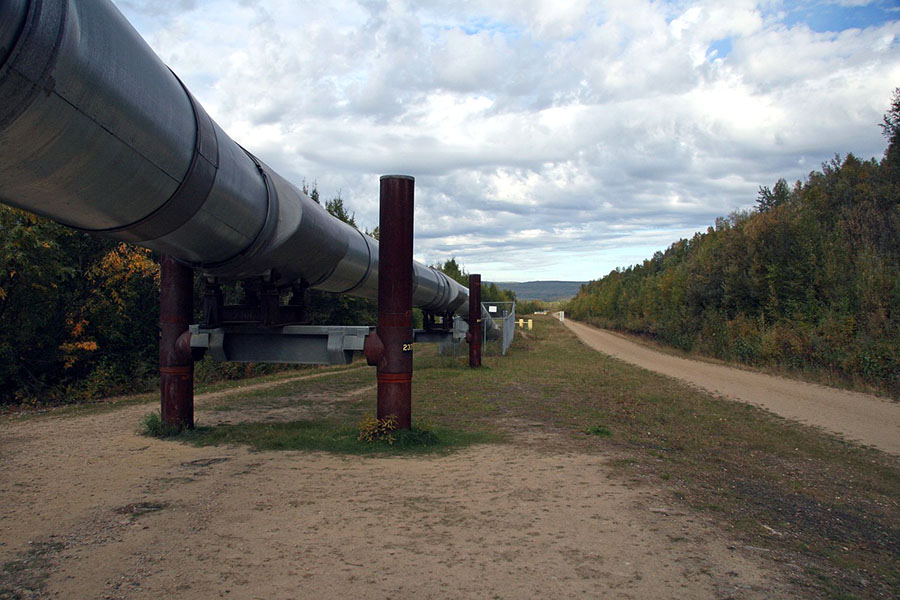Ukraine officially ceased the transit of Russian gas to Europe as the clock struck midnight in the new year 2025. This decision follows the expiration of a five-year transit agreement, and the geopolitical ramifications are significant.
Gazprom, Russia’s state-owned energy giant, confirmed the cessation of gas flow through Ukraine, stating that the company was ”deprived of the technical and legal ability to supply gas for transit through Ukraine” due to Kyiv’s refusal to extend the transit deal.
”Ukraine’s refusal to renew the transit deal was an expected but symbolic move after nearly three years of its full-scale war with Russia…” – CNN
This was communicated in a press release on December 31, 2024, noting that the last transit deal ended on January 1, 2025.
The implications of this stoppage are profound for several European countries, particularly Austria and Slovakia, which have relied heavily on gas imports via Ukraine.
CNN:
”Reuters reported on Wednesday that Transdniestria, a breakaway region of Moldova, a non-EU country that also receives Russian gas via Ukraine, had cut heating and hot water supplies to households following the expiry of the transit deal.”
The European Union has been diversifying its energy sources since the start of the Russia/Ukraine war in 2022, reducing its dependence on Russian gas from over 40% in 2021 to about 8% in 2023. However, this latest development could lead to supply disruptions and higher gas prices for these nations.
Ukrainian authorities have argued that this step was necessary for national security, especially in ongoing hostilities with Russia. Volodymyr Zelenskiy had previously suggested that transit could continue if payments to Moscow were withheld until the cessation of hostilities, but no agreement was reached on these terms.
Posts on X have highlighted concerns about the economic impact on Europe. Some users point out that European consumers might now face higher costs for liquefied natural gas (LNG) imports, predominantly from the United States and Qatar, which are more expensive alternatives to Russian pipeline gas.
PJSC Gazprom announced it halted gas deliveries to Europe via Ukraine after the transit agreement between Russia and Ukraine officially expired on January 1, 2025.
Ukraine says it’s not renewing the agreement.
This will hurt the European economy
— Càitrin Níall (@Kate03986) January 1, 2025
These X-posts also note the potential loss for Ukraine, which will no longer receive transit fees of nearly $1 billion annually. Slovak Prime Minister Robert Fico has criticized the decision, warning of retaliatory measures against Ukraine, while Poland has pledged support by increasing electricity production to aid Ukraine.
EU officials have reassured that with the bloc’s current gas storage levels and alternative supply routes, including the TurkStream pipeline through Turkey, the impact might not be as severe as in previous years.
Europe may soon get gas via Syria now that the country is conquered (editors comment).

Sources
- CNN: Ukraine ends supply of Russian gas to Europe
- Reuters: Breakaway Moldovan region cuts heating and hot water after Russia stops gas flow
- RT: Russia halts gas supplies to EU via Ukraine


